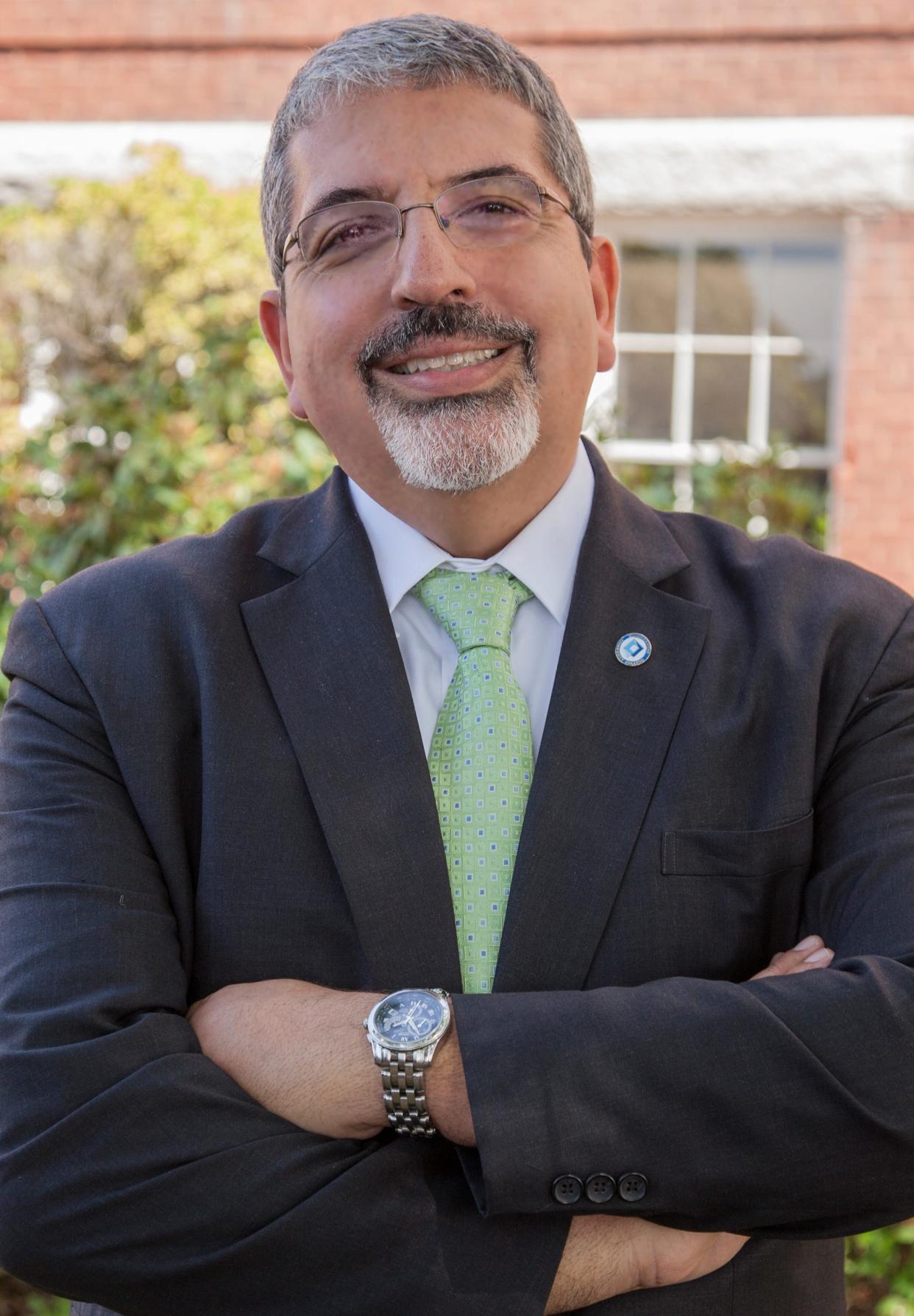Luis Pedraja: Sole crime of undocumented is pursuit of basic rights

As a child, I left the only home I had known with a suitcase and my teddy bear.
My parents left everything behind: my dad’s store, a home, family and friends. Like many parents throughout the world, they wanted me to have the freedom and the opportunities that were no longer available at home. They sacrificed everything to offer me a better future. Although my father had to work two jobs and my mother had to clean floors, we were lucky. We were able to come as immigrants and obtain a resident visa. We were able to work; I was able to pursue my education.
Throughout my career, I’ve advocated for immigrants and refugees. As a college student, I worked providing services to migrant workers in Florida, who worked grueling jobs in the fields, lived in deplorable conditions and were offered limited resources. Some were undocumented and, although they paid taxes and contributed to the local economy through their patronage of local businesses, they were denied access to many local resources, were exploited and mistreated. As an educator, I also encountered many undocumented students struggling to pay for an education that would help them achieve their dreams, such as the young woman in Los Angeles, a Dreamer, working two jobs, taking three buses and going to class hungry, but hoping to one day be a doctor.
Or the young man at QCC, a DACA student, who fled gang violence in his home country in Central America to pursue his degree in dental hygiene, a field with severe worker shortages. Through assistance from a presidential scholarship, he was able to graduate and is now working, serving our community.
Our country was founded on three basic principles: That everyone has a right to life, liberty and the pursuit of happiness. The sole crime of the undocumented is the pursuit of these basic rights. Many of the undocumented students, like me, came to this country with their parents seeking a better life. Others came fleeing repression, violence and abject poverty. Most of the undocumented students came as children, some as infants, brought by their parents. They did not choose to break any laws. Often, this has been the only country that they know. Some do not have any ties to their home country or any option to return.
They attend our schools, yet their options for pursuing a college education are limited. Twenty-three states and the District of Columbia already allow undocumented students to access in-state tuition at all public higher education institutions, while 17 ‒ including Texas, Connecticut and Rhode Island ‒ provide financial aid to them. While states like Arizona, Florida and Kentucky grant in-state tuition to undocumented students, Massachusetts does not.
Although these people work, pay taxes and contribute to the state economy, Massachusetts is one of the states that limit access to higher education by charging out-of-state tuition and fees to undocumented students, including DACA students.
However, this can change. The Senate Ways and Means Committee has a provision in the fiscal 2024 budget that would allow all Massachusetts students, regardless of immigration status, to qualify for in-state tuition rates at Massachusetts public colleges and universities, if they attended high school in Massachusetts for at least three years and graduated or obtained their GED in the commonwealth.
In the United States more than 427,000 undocumented students are a part of the higher education system. In Massachusetts, there are currently 67, 000 immigrant students and 11,632 are currently enrolled in higher education.
I applaud this initiative by the Senate, which not only opens the doors for these young men and women to attain their dream of an education but also helps to ensure the state's economic prosperity. While this makes good economic sense, even more importantly, it is the right thing to do.
Currently, the state’s population is declining and we face severe shortages in our workforce. As our population ages, we need a trained workforce to continue to attract new industries to the state. In addition, by earning higher wages, these students can contribute to our economy through greater purchasing power.
We are a country built by immigrants. Worcester, as a Gateway City, has thrived because of the work of immigrant populations that have come to call our city their home. Providing our undocumented students with a pathway to higher education is the ethical and moral thing to do and will ensure we will continue to thrive and grow as a community, a city and a state, now and for future generations to come.
Luis G. Pedraja is president of Quinsigamond Community College in Worcester.
This article originally appeared on Telegram & Gazette: Luis Pedraja on right to education for undocumented students

